Data science courses after 12th cover various tools, software, and machine learning techniques to examine data. The article describes all popular data science courses after 12th, including prerequisites, subjects, and institutions.
Table of Contents
- List of Data Science Courses after 12th
- Eligibility Criteria for Data Science Courses after 12th
- Data Science Courses after 12th: Admission Process
- Data Science Courses after 12th: Entrance Exams
- Data Science Courses after 12th: Subjects
- Data Science Courses after 12th: Top Colleges
- Data Science Courses after 12th: Career Scope
- Required Skills for Data Science Courses after 12th
Data science courses after 12th are interdisciplinary programs that integrate mathematics and computer science to analyze large datasets. Data science is booming, and there are several courses after 12th at undergraduate and diploma levels. Depending on the program, courses may include Statistics, Big Data, Data Visualization, Data Mining and more.
Also, Check: Steps to Become a Data Scientist
List of Data Science Courses after 12th
A solid foundation in mathematics and computer science is often advantageous when pursuing data science courses after 12th. Students may choose from various data science courses after 12th. Some of the most popular choices are:
|
Data Science courses after 12th |
Course Duration |
|
4 years |
|
|
3 years |
|
|
4 years |
|
|
3 years |
|
|
5 years |
|
|
4 years |
|
|
8 months |
|
|
BS Degree in Data Science & Applications - Online |
3 to 6 years |
|
Certificate Programme in Data Science & Machine Learning |
6 months |
B.Tech Data Science
B.Tech Data Science is a four-year undergraduate program that focuses on applying various scientific instruments and techniques to extract necessary data from a large volume. Those interested in learning data extraction skills and making reports and presentations based on the data must enroll in this program. The course prepares students for careers as data architects, financial modelers, data engineers, clinical and pharmaceutical data analysts, database administrators, and more.
Read More: B.Tech Data Science
B.Sc Data Science
B.Sc Data Science is a three-year program that cleanses, aggregates, and manipulates data for advanced data analysis. B.Sc Data Science uses empirical methods, processes, algorithms, and systems to derive knowledge and valuable insights from noise, organized, and unstructured data. B.Sc. in Data Science grads can work as data architects, business operations managers, technical product and program managers, data science managers, and analytics managers.
Read More: B.Sc Data Science
BCA Data Science
BCA Data Science is a three-year bachelor's degree that integrates computer and mathematical science. The training focuses mainly on the demands of the modern IT business. The BA Data Science study focuses on giving students the necessary understanding of the different fields of computer and software applications in addition to the topics of data science. This course covers many careers, including Machine Learning Engineering, Data Scientist, Business Analyst, and many others.
Read More: BCA Data Science
B.Sc (Hons) in Data Science
B.Sc (Hons) in Data Science is a three-year college degree that gives students a solid grounding in all aspects of data science and statistics. B.Sc (Hons) in Data Science equips students with the skills and knowledge to conclude big and complicated databases using cutting-edge technology and tools. Students can acquire data analysis, machine learning, data visualization, and data mining expertise through classroom lectures, hands-on projects, and internships.
Bachelor of Data Science and Engineering
Bachelor of Data Science and Engineering trains grads with a broad science and engineering perspective, able to adapt to changing technical challenges and focused on computer systems that produce and analyze vast volumes of data.
This degree trains data analysis and engineering experts with a quantitative foundation and engineering skills to model and solve complex issues.
B.Tech Big Data Analytics
B.Tech Big Data Analytics is a four-year undergraduate engineering program. The primary objective of this program is to teach registered students about current and developing techniques and theories connected to Big Data. These topics will be covered in this program: statistics, data mining, data storage, and data visualization. Technical mathematics, data structures, data analytics, and other topics are also covered in depth.
Diploma in Data Science (Online)
The most popular data science course is the diploma in a data science course, which seeks to teach the fundamentals of data science in just 8 months to students who have completed their 12th-grade education. Students can gain the skills they need to start their careers after completing high school without first having to invest in lengthy programs of higher education or data science.
Eligibility Criteria for Data Science Courses after 12th
Data science courses after 12th may vary from introductory to advanced levels. Before enrolling, students must confirm that they meet the following eligibility requirements for data science courses after 12th.
- Class 12th scorecard from an accredited board with PCM.
- Students also need to have a basic understanding of statistics, math, and programming.
Also Read on Data Science Vs Data Analytics
Data Science Courses after 12th: Admission Process
Data science courses after 12th may have different admission processes based on the institution and program. Yet, in most cases, admissions procedures may involve the following admission standards.
- Finding the course that best suits one's requirements and skills.
- Meeting program eligibility requirements as data science courses after 12th are based on 12th scores and common entrance examinations.
- Preparing documents such as IDs, exam results, and letters of recommendation.
- Completing and submitting the application, along with fees.
- Some institutes conduct interview rounds or portfolio evaluations after the merit list is released.
- After being selected, students must fulfil registration and verification before classes.
Data Science Courses after 12th: Entrance Exams
Students who have completed their 12th and are interested in pursuing a career in data science can choose from various courses and entrance exams. The list below includes popular entrance examinations for data science courses after 12th.
| Data Science Entrance Exams | Exam Pattern |
| JEE Main | JEE Main Exam Pattern |
| JEE Advanced | JEE Advanced Exam Pattern |
| JET | JET Exam Pattern |
| AMET CET | AMET Exam Pattern |
| SSU CET | - |
Data Science Courses after 12th: Subjects
Managing data effectively requires expertise in many different areas, including mathematics, business, statistics, machine learning, AI, and many more. Core subjects included in data science courses after 12th are.
| Machine Learning | Applied Data Analytics |
Distributed Algorithms and Optimisation
|
| Data Visualization | Cloud Computing |
Data Management and Data Warehousing
|
| Probability and Probability Distributions | Statistics |
Deep Learning and Text Mining
|
| Python | Artificial Intelligence |
Longitudinal Data Modelling
|
| Computer Programming | Database Management |
Design and Analysis of Experiments
|
| SQL, HTML |
Non-Parametric and Categorical Data Analysis
|
Time Series and Forecasting |
| Statistical Inference | Linear Regression Models |
Stochastic Processes & Bayesian Methods
|
| Linear Algebra and Matrix Analysis | Programming with R and Python |
Social Network Analysis
|
| Simulation and Monte Carlo Techniques | Programming for Analytics | - |
Data Science Courses after 12th: Top Colleges
Many colleges and universities offer undergraduate and diploma data science courses after 12th to prepare students for careers in this industry. The following list includes the top colleges that offer data science courses after 12th.
- IIT Madras
- NMIMS
- Manipal Academy of Higher Education
- Jain University
- Madras Christian College
- VIT Vellore
- Loyola College
- SASTRA University
- Fergusson College
- Sage University
- IISER
- Symbiosis
- Sharda University
- CUSAT
- Gujarat University
- Sri Ramachandra Institute of Higher Education and Research
- PSGCT
- VELS
Data Science Courses after 12th: Career Scope
Data science is a fast-growing profession with plenty of scope for progress. Data scientists are in great demand for careers in the banking, healthcare, marketing, and technology sectors. Popular career roles after completing data science courses after 12th are:
|
Job Role |
Job Description |
Average Salary (INR) |
|
Data Engineer |
Responsible for creating data for analytical reasons. |
4.2 to 7 lakhs |
|
Data Scientist |
Analyzes data and offers suggestions for the company's growth. |
6.2 to 8 lakhs |
|
Data Architect |
Creating new methods of storing and processing information, data storage and recovery. |
4 to 5.2 lakhs |
|
Data Analyst |
Primary responsibility is to analyze data for various business goals. |
2.5 to 4 lakhs |
|
Business Analyst |
Manage data's technical aspects, analyse data to find solutions for the firm. |
5 to 7 lakh |
|
Lecturer |
Teach students to give them knowledge about the field of data science. |
5 to 7 lakhs |
|
Big Data Analyst |
Collaborate with data scientists and architects to design and implement big data solutions. |
4 to 6.8 lakhs |
|
Business Intelligence Professional |
Analyse, develop, and execute different business strategies. |
2.2 to 6 lakhs |
Required Skills for Data Science Courses after 12th
Data Science is the study of using vast amounts of data to detect anomalies, uncover insights, and ultimately make decisions or forecast future events. The following are the important skills needed for data science courses after 12th grade:
- Proper knowledge of calculus, linear algebra, and statistics.
- Basic understanding of algorithms and data structures from computer science.
- Knowledge of a programming language, such as Python or R.
- Aptitude for analysis and problem-solving.
- Strong presenting and communication skills.
- Understanding the fundamentals of data analysis and visualization.
- Interest in artificial intelligence, machine learning, and statistics.
- Familiarity with database concepts and standard SQL.
- Understanding of cloud computing systems.
- Knowledge of business domains and industry-specific information.












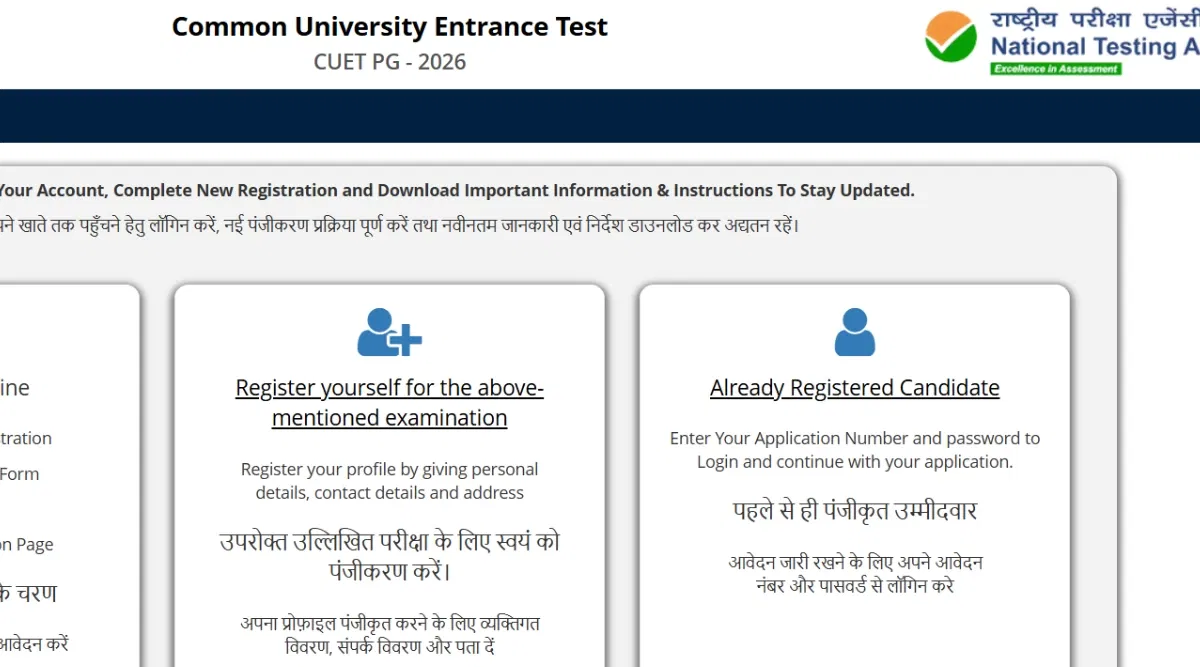
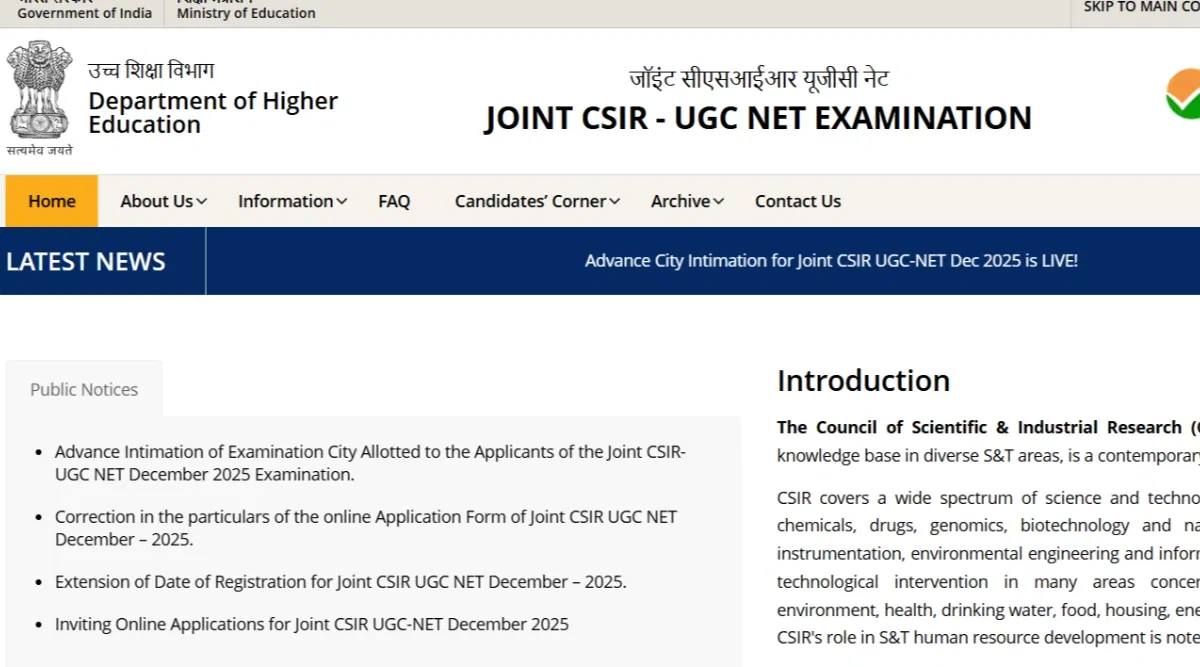

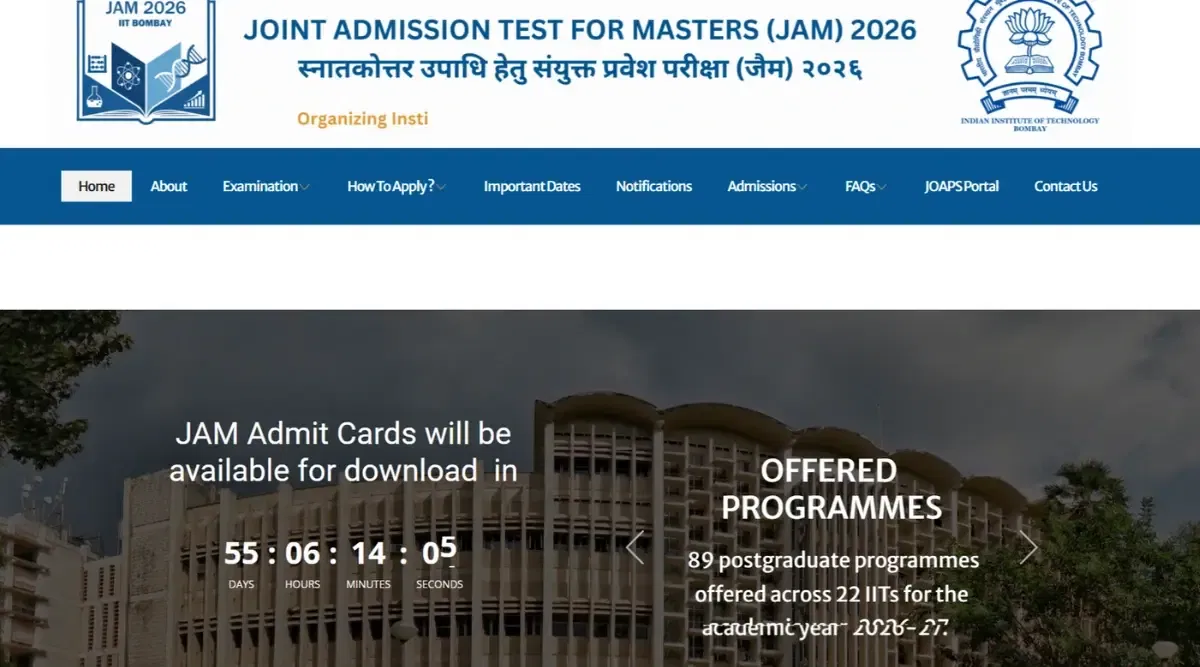


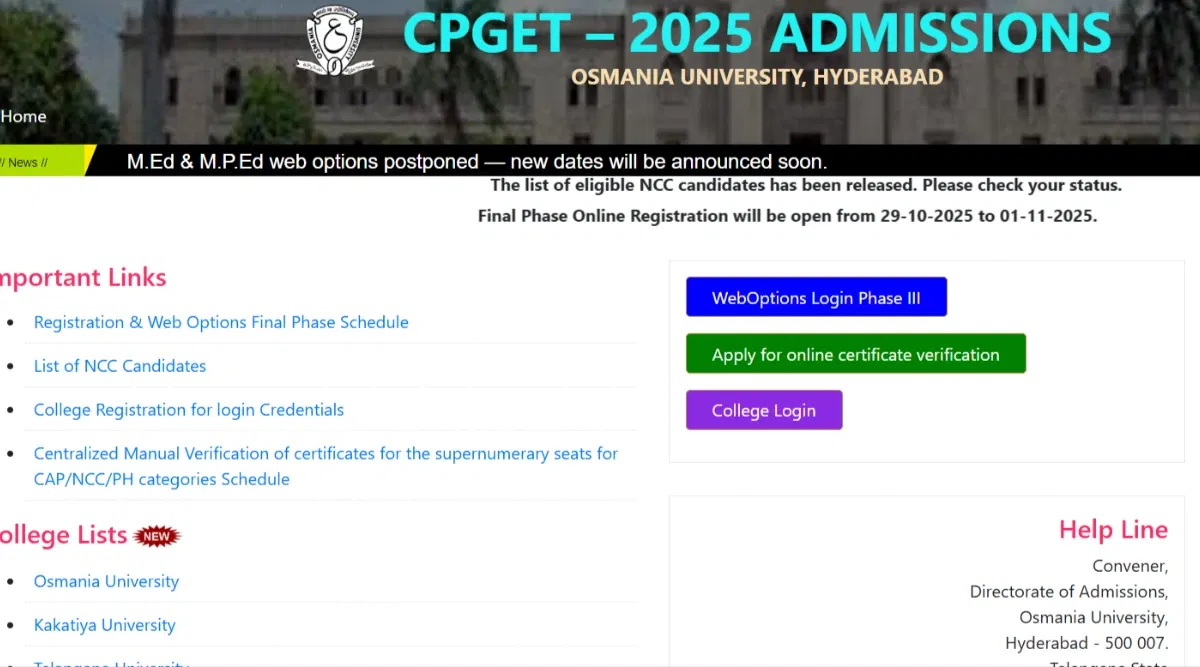
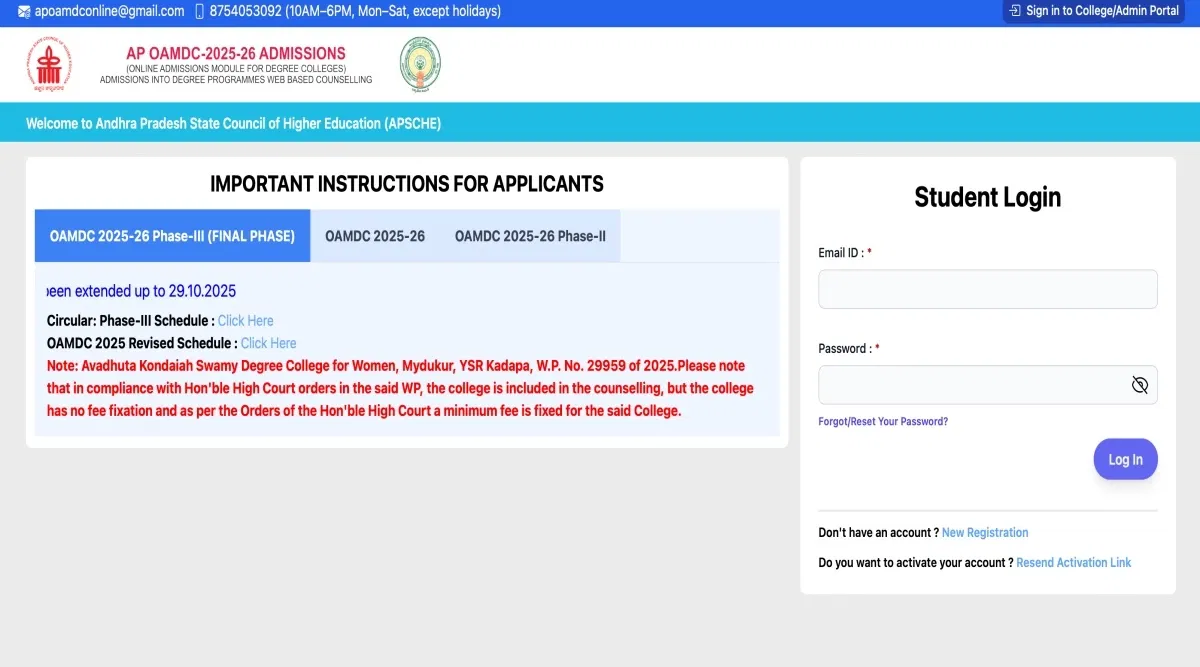
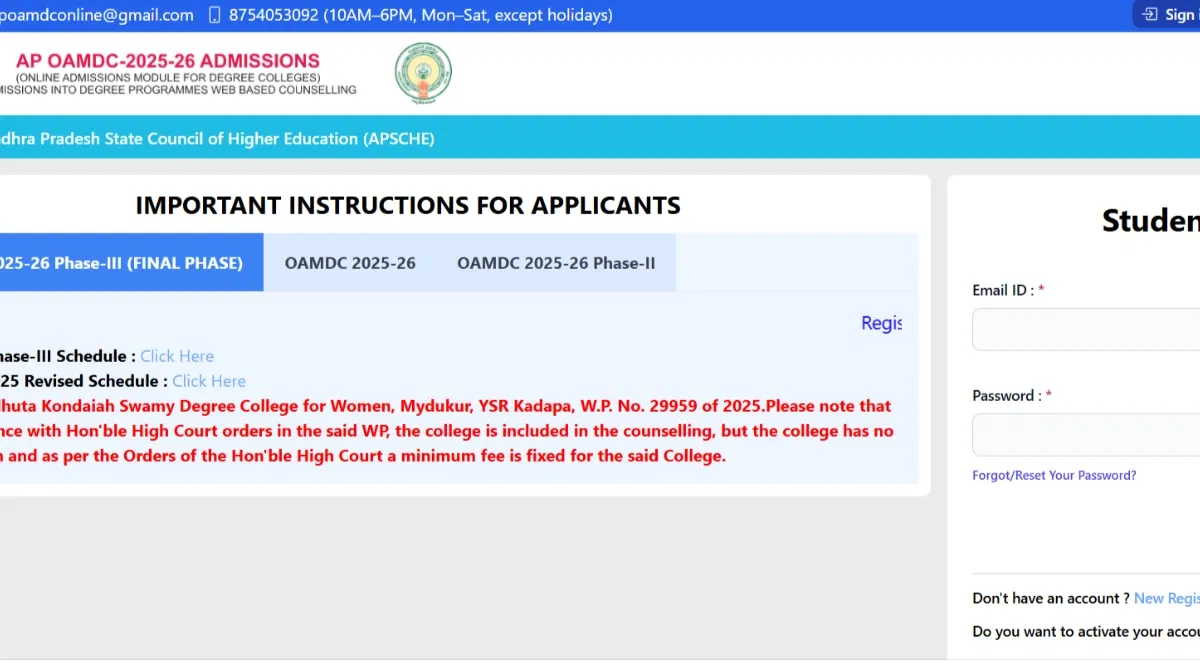


POST YOUR COMMENT